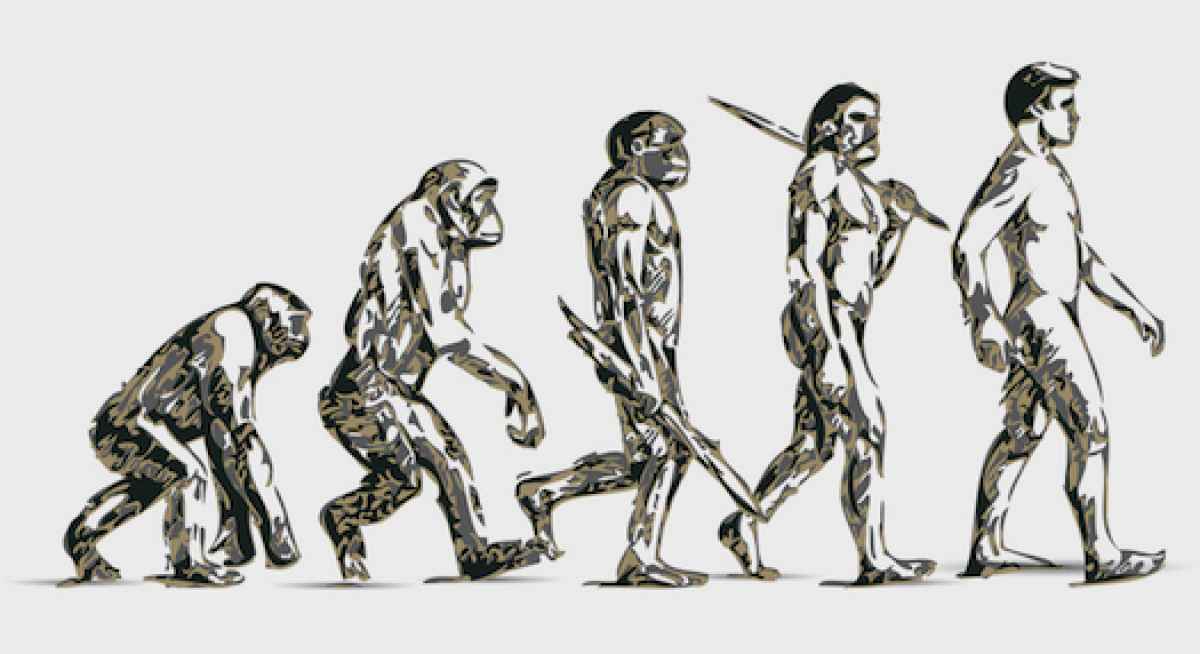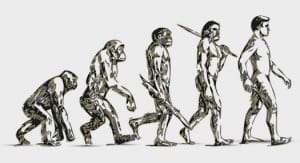
 [ATLANTA] A story loyalty expert James Kane told during his engaging keynote presentation today at PRSA’s closing general session encapsulated one of his key takeaways.
[ATLANTA] A story loyalty expert James Kane told during his engaging keynote presentation today at PRSA’s closing general session encapsulated one of his key takeaways.
Kane spoke of a man who, at the last minute, realized he had forgotten his mother’s birthday. The man searched online and found a florist shop that provided a money-back guarantee it could deliver floral felicitations in time to the man’s mother. The flowers made it as promised, Kane said, “but that’s not the end of the story.”
Eleven months later, the man received a note from the floral shop: Don’t forget that your mother’s birthday is coming up. The PRSA audience uttered a collective “ah-ha.” Kane asked, “Do you think that man will ever have to decide which floral shop he’s going to use? Do you think he’s going to care about the price?”
The story’s lesson, Kane said, is that the florist collected “really insightful information” about the man. It’s this kind of insightful information, Kane argues, that PR pros should collect about reporters, executives and clients they serve. Clients expect you to solve their problems. That’s why they hired you, he said. They’ll thank you and be satisfied, but won’t be loyal. But if you can go beyond that, have deep insights about them and their business and solve problems before they even realize they have them, that’s when you’re exceptional and you’ll gain loyalty.
Kane's way of explaining loyalty vs satisfaction was memorable. His visual showed a dog and a kitten. Loyalty is a dog “who will love you even after you’ve yelled at it.” Satisfaction, Kane said, is a cat “that will give you some portion of love because you feed it, but it is content to do its own thing. It really doesn't need you at all." Pointing to the visual, he said, "Those are your clients." Later he added, "satisfaction is what you do for them. Loyalty is what they do for you."
Yet insight is just one of many parts of what makes humans loyal, Kane argues. His relatively complex view of loyalty encompasses knowledge from neurology, behavioral science and anthropology. In short, Kane believes loyalty is a science. "It's wired inside our brains and DNA" and can be traced to humans' origins. We can only begin to explain his detailed thesis in this small space.
“Our brains are hard-wired to be loyal,” Kane said, linking his explanation of loyalty to the beginning of the human race, which many believe began in the lower savanna of Africa. As a survival mechanism, the brain of the human species developed so it could quickly distinguish between various things; whom to trust or fear, for example. Again for reasons of survival, the human brain also quickly makes calculations about envy, love, loneliness and disgust. While there are some species whose brain-to-body ratio is similar to humans, the working of the human brain explains why we, “the 90-pound weaklings of Earth,” dominate the planet, Kane said. The first reason is that humans are the sole species that learned to live in "really large social groups." Humans did this because they realized that as a group "we get smarter and are protected." And two, human development is such that "we are completely dependent on another human being." Kane showed a slide of a baby deer at birth. Then a slide of the deer, standing confidently on all fours just three weeks later. "I can't leave a 1o-year-old child in the middle of Atlanta and expect it to survive."
Linking these survivalist brain patterns to today, clients of PR pros make several determinations about PR practitioners: Do they make my life safer? Do they make my life easier? Do they make my life better? Another layer Kane added on here was that in addition to the insight mentioned above with the florist story, the human brain craves trust, belonging and identity. As for trust, Kane emphasizes that trust is “about competency, character, consistency and capacity. It’s not personal…if you don’t meet your client’s standards for these, he may like you, but he won’t trust you.”
After all this, plus much more science and anthropology, the message Kane had for PRSA attendees was conventional yet useful: Take time to make clients and journalists feel included, protected and valuable as their brains are hard-wired to desire these sentiments. Gather information about clients that they are offering to you on social media and elsewhere—ie, look at the decorations in their cubes and offices, that will tell you a lot—and then dive deeper and find out things about them that they might not want to tell you. That will help you make them feel that they belong. Transparency is vital, too. Noting that Domino's pizza tracker informs customers about the various stages of their pie, Kane urges PR people to keep their clients informed. "If I can get kind of transparency from a $10 pizza, I better be able to get that from you," he said.
On identity, Kane argues humans follow people they identify with. Again, his visuals were excellent. The first showed a picture of JFK and noted 65% of Irish Catholics supported him; the next showed 97% of blacks supporting President Obama; the last pictured Hillary Clinton with the prediction that she'll gain 75% of the female vote. He also noted how Dr. Martin Luther King Jr, an Atlanta native, understood this point about identity. He noted how Dr. King told blacks to absorb bad treatment in buses, realizing that "in an age of television" whites would identify with them far better than they would identify with a young black women with her fingers in the face of a white sheriff.
The end of Kane's excellent presentation featured visuals containing humorous yet insightful facts he'd gathered about members of the PRSA audience, including their college majors, favorite films and sports teams.
Follow Seth Arenstein: @skarenstein
